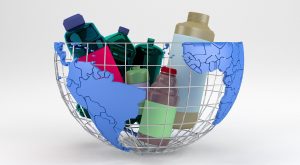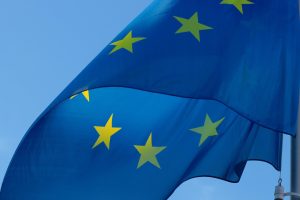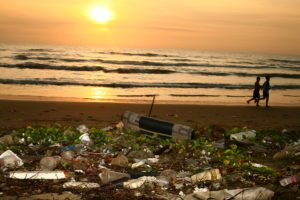More than 160 professionals attended the fifth edition of the ‘Plastic and the Circular Economy’ debate, which this year was held in a 3D virtual reality format due to the COVID-19. The meeting, organised by AIMPLAS, the Technological Institute of Plastics, and Cicloplast, was attended by a total of 15 speakers from different public administrations, universities, technological centres, and companies in the sector.
One of the main aspects that was discussed was the need of divulging the concept of extended responsibility. “It is time to demand that all actors take responsibility”, highlighted Marcelo Miranda, president of Cicloplast, in relation to the circular economy of plastics. “of citizens, an impeccable behaviour; of each industry, their commitment to investment and participation in the search for solutions; of public companies, that they face their own challenges of transformation and efficiency; of the administration, that they demand equally from the citizen and the industry, and of the political bodies, that they agree on realistic models with the representatives of the sectors”.
During the conference, the recent measures affecting the sector were also discussed, such as the bans on certain single-use plastic products or the proposed tax on non-reusable plastic packaging. Regarding this issue, Isabel Goyena, spokesperson for EsPlasticos and General Manager of Cicloplast, highlighted some of the main challenges the sector is facing: “cooperation in legislative developments; raising awareness regarding abandoned waste; communication regarding the image of plastic and investment in innovation in the circular economy”.
Other topics of interest: Environmental awareness is growing: 60% of consumers consider themselves ‘eco-active’
Greater involvement and commitment to innovation
The conference was also attended by the National Association of Plastic Recyclers (Anarpla), who explained the current situation of the sector and how it has been affected by COVID-19. Also, the importance of the European Union’s Green Pact and that public administrations, including the European, must lead by example and ensure that their acquisitions are green.
The importance and commitment to innovation was highlighted by Eva Verdejo, who leads the chemical recycling research at AIMPLAS and who presented the trends in this type of process, key for the recycling sector both now and in the future.
Also, during the event, some of the successful proposals that are being carried out by different companies were presented . One example is Mercado and its Strategy 6.25, with which it aims to achieve a triple objective by 2025: reduce 25% of plastic, make all plastic packaging recyclable and recycle all its plastic waste.







